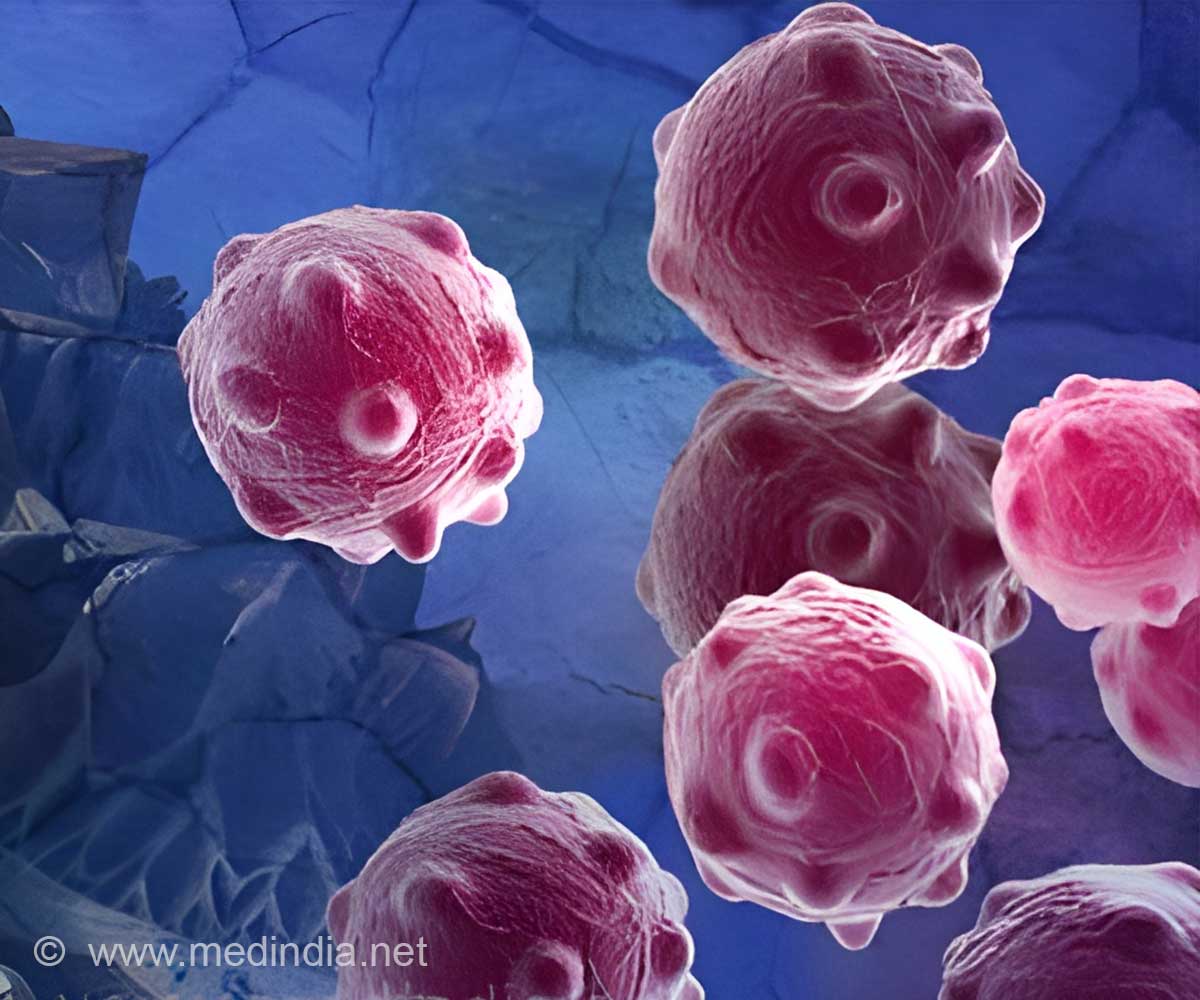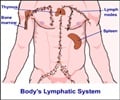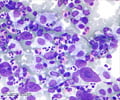Natural killer (NK) cells combined with a new bispecific antibody that targets CD16A and eCD30 executed effective responses in lymphoma patients.

TOP INSIGHT
New study is first clinical trial of natural killer (NK) cells with Affimed’s AFM13 for CD30+ lymphoma.
“Patients with relapsed CD30+ lymphoma can sometimes be successfully treated with current regimens, but, if those treatments fail, the tumors develop treatment resistance and patients are left with few effective therapeutic options,” said study presenter Yago Nieto, M.D., Ph.D., professor of Stem Cell Transplantation and Cellular Therapy and principal investigator on the trial. “Our preliminary results indicate promising activity and tolerability in this heavily pretreated patient population and warrant further investigation of this approach.”
NK cells are a type of white blood cells that monitor the body for virus-infected and cancerous cells. The technology to isolate and expand NK cells from umbilical cord blood was developed at MD Anderson.
Affimed’s AFM13 is a proprietary bispecific antibody designed to bind to CD16A on NK cells and CD30 on lymphoma cells, allowing NK cells to eliminate cancer cells. Before infusion, the NK cells are activated with cytokines, expanded in the presence of artificial antigen-presenting cells, and finally complexed with AFM13. This combination approach was developed in the laboratory of Katy Rezvani, M.D., Ph.D., professor of Stem Cell Transplantation and Cellular Therapy. Affimed and MD Anderson are advancing the clinical development of AFM13 through a strategic collaboration agreement.
This single-center Phase I/II trial has enrolled 22 patients with relapsed or refractory CD30+ lymphoma. Most trial participants had been diagnosed with Hodgkin lymphoma and had received a median of seven prior lines of therapy. All patients had active progressive disease at enrollment and no bridging therapy was given. Patients were enrolled at three dose levels, and 19 patients completed both planned cycles. The racial breakdown of participants was 15 White (68.2%), 3 Hispanic (13.6%), 3 Middle Eastern (13.6%) and 1 Black (4.5%), with a median age of 37.
Six patients received a stem cell transplant after a response to this treatment, which limits the evaluation of duration of responses.
The trial was originally designed with short follow-up. To assess durability beyond two cycles, an amendment has been approved by the Food and Drug Administration to increase the length of treatment from two to four cycles, enabling longer follow up of patients.
Affimed provided research support and AFM13 for use in the study. Nieto is on the advisory board for Affimed and received research funding from Affimed, AstraZeneca, Secura Bio and Novartis. A full list of collaborating authors and their disclosures can be found here.
MD Anderson has an institutional financial conflict of interest with Affimed related to this research and has therefore implemented an Institutional Conflict of Interest Management and Monitoring Plan.
Source-Eurekalert
 MEDINDIA
MEDINDIA




 Email
Email







